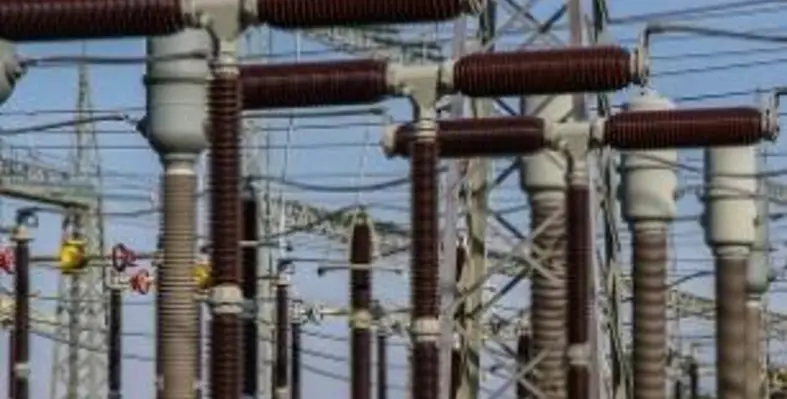The African Development Bank (AfDB), Embassy of Germany in Rwanda and the KfW Development Bank joined the Government of Rwanda to inaugurate the high voltage 188 MVA Shango power substation in the capital Kigali and its related transmission network
The substation is part of the NELSAP Regional Interconnection Project involving Kenya, Uganda, Rwanda, DRC and Burundi. The Rwandan component, at an estimated cost of US$123.14mn, involves the construction of 286km of 220 kV lines, three substations and the upgrade of two substations.
The African Development Fund, part of the African Development Bank Group, contributed US$42.15mn (about 34 per cent) of the total project cost.
The Shango substation, the biggest in the country, has been designed to play an important role in the management of electricity dispatching services in Rwanda and a routing node for electricity trading between the East African neighbours. It is in line with the Bank’s High 5 priorities, Light Up and Power Africa and Integrate Africa.
Speaking at the inauguration, held on 5 December, Martha Phiri, Bank Country Manager in Rwanda expressed appreciation for the strong cooperation that the Bank continues to enjoy with the Government of Rwanda. The energisation of the Shango substation and related network will facilitate the country’s access to excess power of nearly 1,040MW from the regional market, reducing reliance on expensive fossil-fuel generated power.
“This would eventually benefit the people and industries in Rwanda through increased availability, reliability of clean power and possible reduction in electricity tariffs,” Phiri said.
Rwanda is pursuing an ambitious target to achieve affordable, reliable and universal access to electricity by 2024 in line with the National Strategy for Transformation. The Bank’s support to the energy sector has more than doubled over the past three years to the current level of US$455.46mn, supporting seven public sector operations (of which three are regional projects) and one private-sector operation.
With a total on-going portfolio of US$1.15bn, the Bank’s country strategy for Rwanda has two pillars:
1. Investing in energy and water infrastructure to enable inclusive and green growth
2. Developing skills to promote high value-added economic activities and economic transformation












